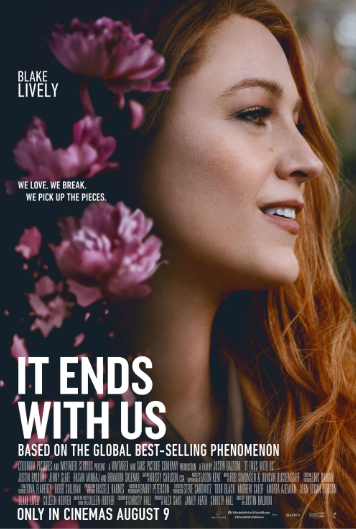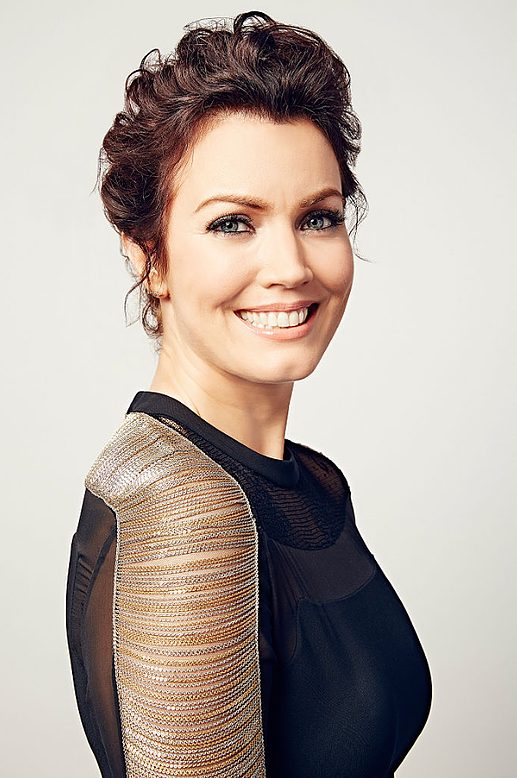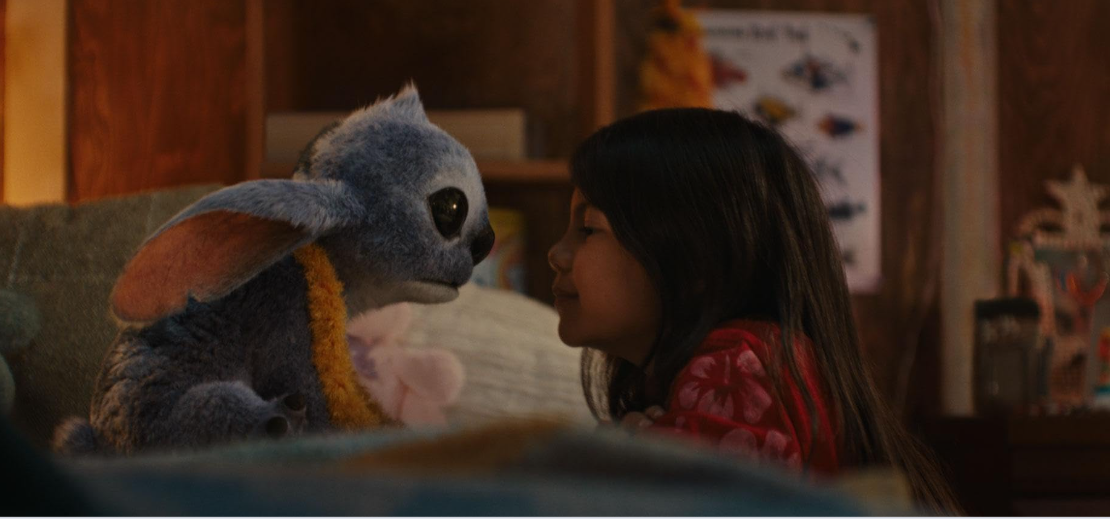
“It Ends with Us” premiered in theaters on Aug. 9, bringing in Colleen Hoover fans who have been waiting for the movie’s debut. In interviews promoting the film, many fans noticed how the lead and director of the movie Justin Baldoni was not in interviews with the rest of the cast. Fans kept questioning the awkward tension between the cast when the lead Blake Lively and other actors were seen dodging questions regarding Baldoni’s absence in press conferences for the movie. Hoover’s novel captures the emotions of being in an abusive relationship. There is love, emotional turbulence and physical trauma all wrapped into one confusing ball of feelings for Lily Bloom (Lively). The adaptation of the book was long awaited by many, only to have the media quickly change their views on the movie, highly criticizing how the film was being displayed to the public.
Baldoni made it clear in his interviews that he wanted to bring full awareness to domestic violence, the true meaning of Hoover’s novel. Baldoni expressed his openness to being there for any domestic abuse survivors who need help and made sure that the message of the film was clear to anyone who could be easily triggered by scenes in the movie. He provided the sense of support that wasn’t always promoted by the cast.
Lively, on the other hand, presented the movie as a cute rom-com, telling fans to show up to theaters wearing florals. Fans called her out on completely blowing over the meaning of the book and instead focusing on the things not even relevant to the film. In interviews, she talked widely about the wardrobe of her character and repeatedly mentioned her husband Ryan Reynolds who had no relevance to the movie. Using the popularity she was getting from the movie, Lively also took the chance to promote her new hair line “Blake Brown” which added to the hate she was already receiving. The way Lively was handling the press had made many fans upset and they began to attack her ignorance on the subject. Lively’s complete disregard towards the genuine problems that were intertwined into the movie had audiences openly hating on her all over the media.
The controversy surrounding “It Ends With Us” brought up an important lesson for future films dealing with heavy issues as a main component. When adapting a book into a movie, the subject matter should never be altered and framed as something else, nor should the movie’s popularity be used as self-promotion, like it was in Lively’s case. The challenges this adaptation faced brought light to the importance of respectful storytelling and correct movie promo.




